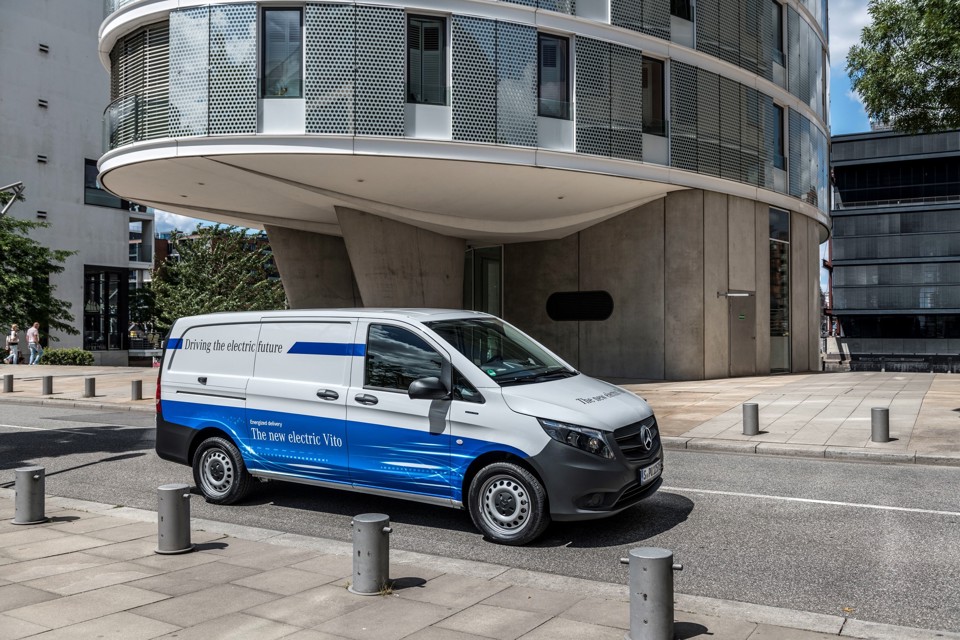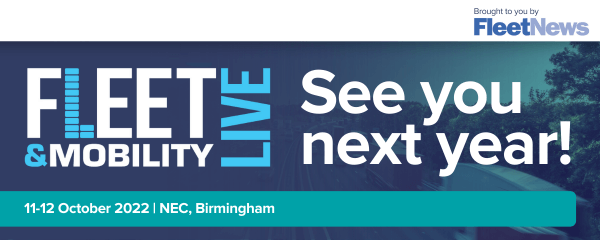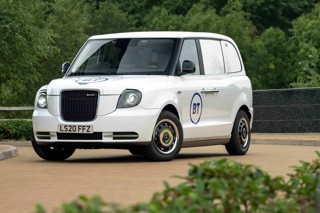Local governments should focus more on working with commercial fleets to make a success of electric vehicle (EV) infrastructure in cities centres, according to a new report from AppyWay.
The report, entitled ‘Leading the Charge – Are cities ready for a fleet led EV revolution?’, notes that UK cities need to focus more on commercial vehicle fleets and better locating on-street charging points, as well as enhanced data sharing between fleets and local authorities, rather than focus too much on private electric cars and home charging.
AppyWay, the kerbside management and smart parking technology firm, worked with Uber, Zipcar, Enterprise, SSE, Connected Kerb, London First, Transport for West Midlands, Coventry City Council, DG:Cities and Foot Anstey LLP, to help put the report together.
Dan Hubert, AppyWay chief executive, said: “The report reinforces just how close we are towards securing the huge societal and economic benefits widespread EV uptake would bring.
"Yet a failure to act to provide the extensive charging infrastructure, which is the key to unlocking an EV future, puts at risk a once in a generation opportunity to improve air quality significantly in our cities and substantially reduce overall carbon emissions.
"Our approach, put forward in the report, would help ensure that EV vehicles do play the transformative role of which they are capable and help to nurture a greener and more efficient economy at a time when it is urgently needed.”
To address this, the report recommends a new “ABCD” approach, involving Appropriate infrastructure, Better incentives, Concerted collaboration and Deeper data sharing:
- Appropriate infrastructure – the report highlights research by Energy Saving Trust which found 60% of Uber drivers did not have access to off-street parking, rendering them unable to home charge. Similarly, 44% of Black Cab drivers in London do not have the ability to install a charger at home. The report therefore calls for a greater focus on providing more public on-street charging, including rapid and ultra-fast charge points.
- Better incentives – fleets are a common source of second hand cars for individual drivers. Encouraging fleets to go electric therefore has a trickle-down effect which helps provide more affordable access to electric vehicles for private ownership, which AppyWay calls to be incentivised as much as possible through national and local tax and congestion policies.
- Concerted collaboration – the report argues that knowledge sharing between cities, infrastructure, solution integrators, and consultants is the only way to ensure that the path to electrification is one that is sustainable, given the complexities involved.
- Deeper data sharing – thanks to telematics, GPS, and other job fulfillment information, fleets hold a wealth of data that can be immensely useful in understanding where to locate charging points, so AppyWay urges fleets to share data with local authorities. Indeed, the report cites the example of The London Data Commission, which found that over 2,000 publicly-owned parcels of land in London match the suggested land size and likely power capacity requirements for charging hubs.
Christopher Hook, Uber driver operations clean air & driver earnings lead UK and Ireland, said: "We’ve committed to become a fully electric mobility platform, with 100% of rides in zero-emission vehicles by 2025 in London.
"For all other cities we operate in across the UK, we aim to be at that point by 2030.
"We won’t be able to deliver this commitment alone. Governments, cities, NGOs, car makers, charging operators and power companies all need to work together to create the right conditions."
James Taylor, General Manager, ZipCar UK, comments: "If the UK wants to get the benefits of a rapid switch to electric vehicles through utilisation of car sharing we will need significant investment in the charging infrastructure and recognition of the role that car sharing can play in reducing overall car use.
"Currently Zipcar takes care of all re-charging, simply because asking members to do this with the current charging infrastructure would be unviable and would be a poor member experience.
"But critically this is not a long-term solution."






















Login to comment
Comments
No comments have been made yet.